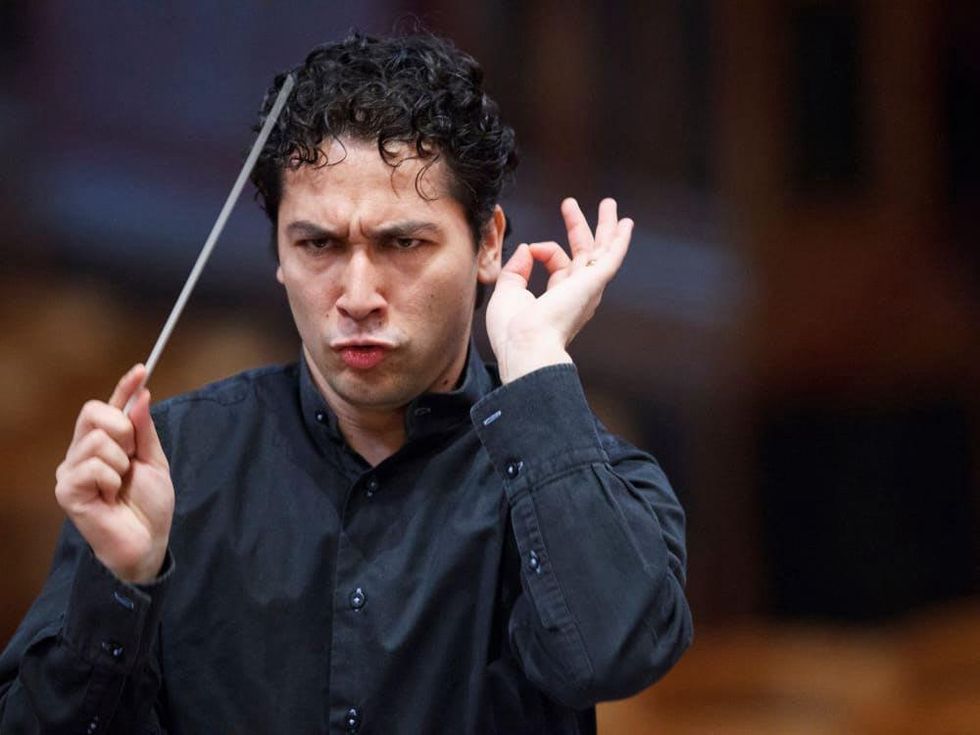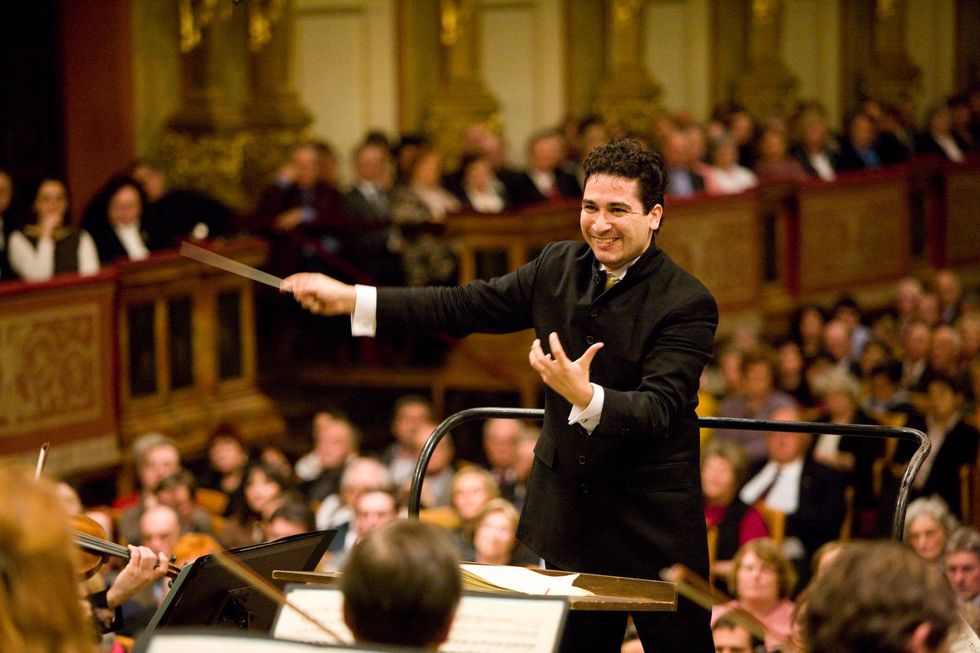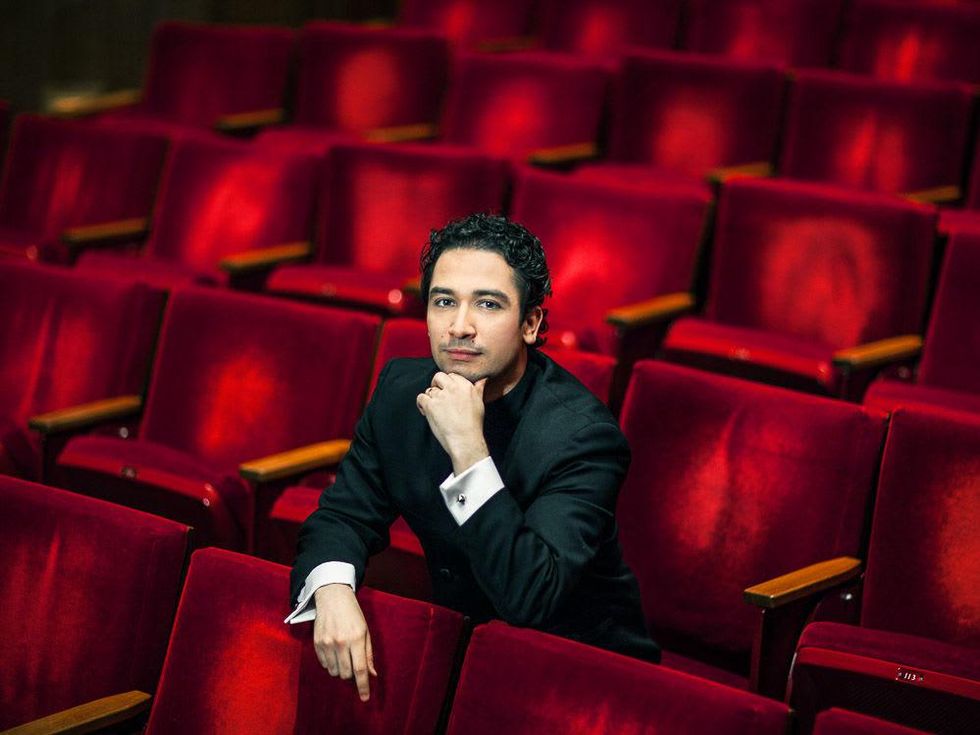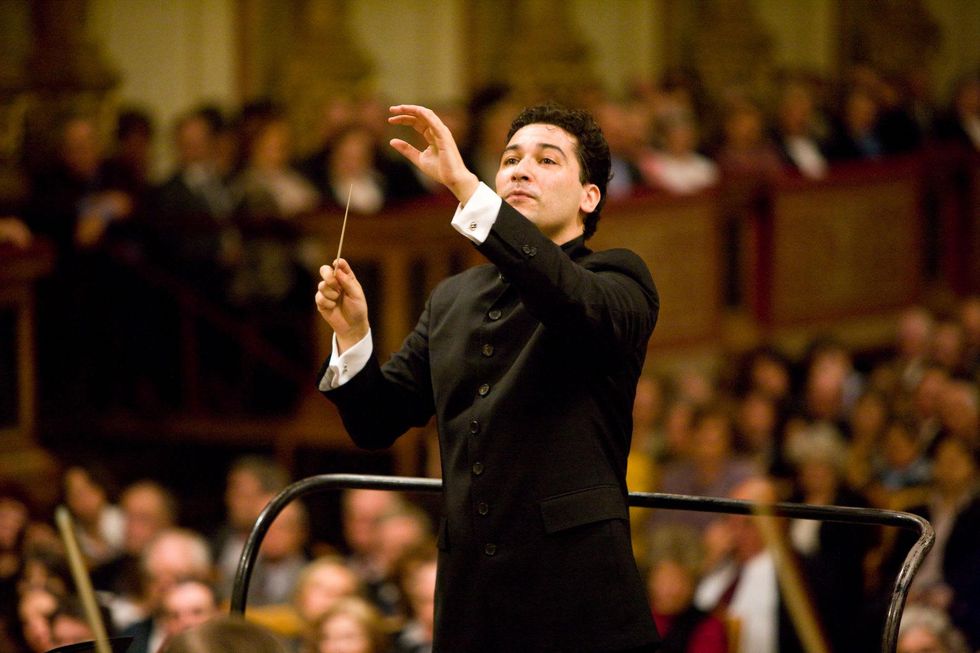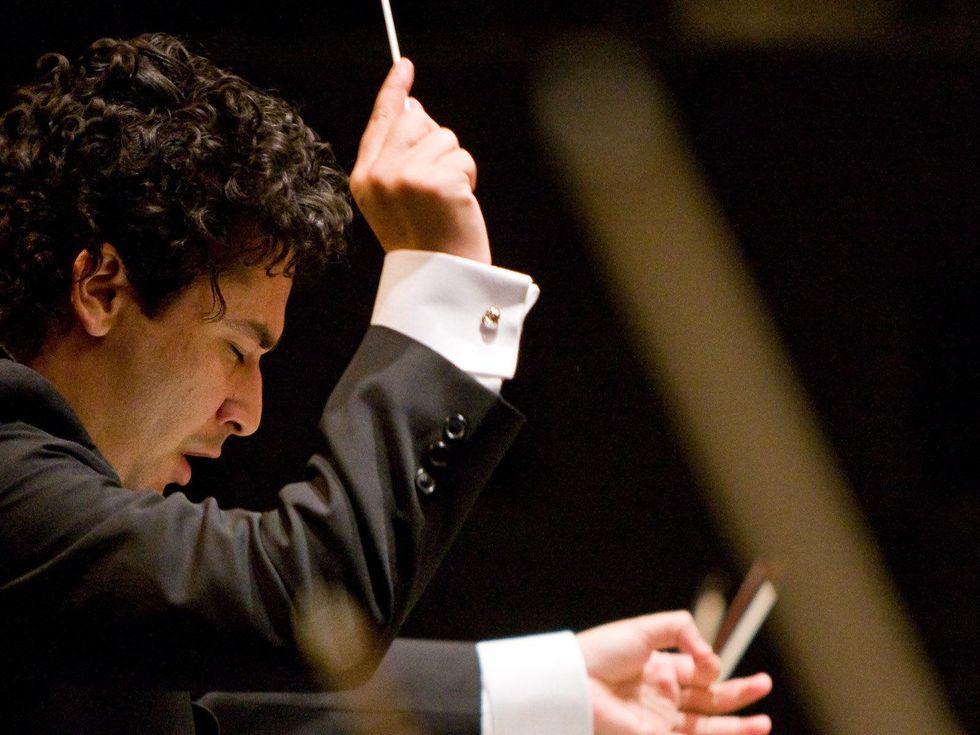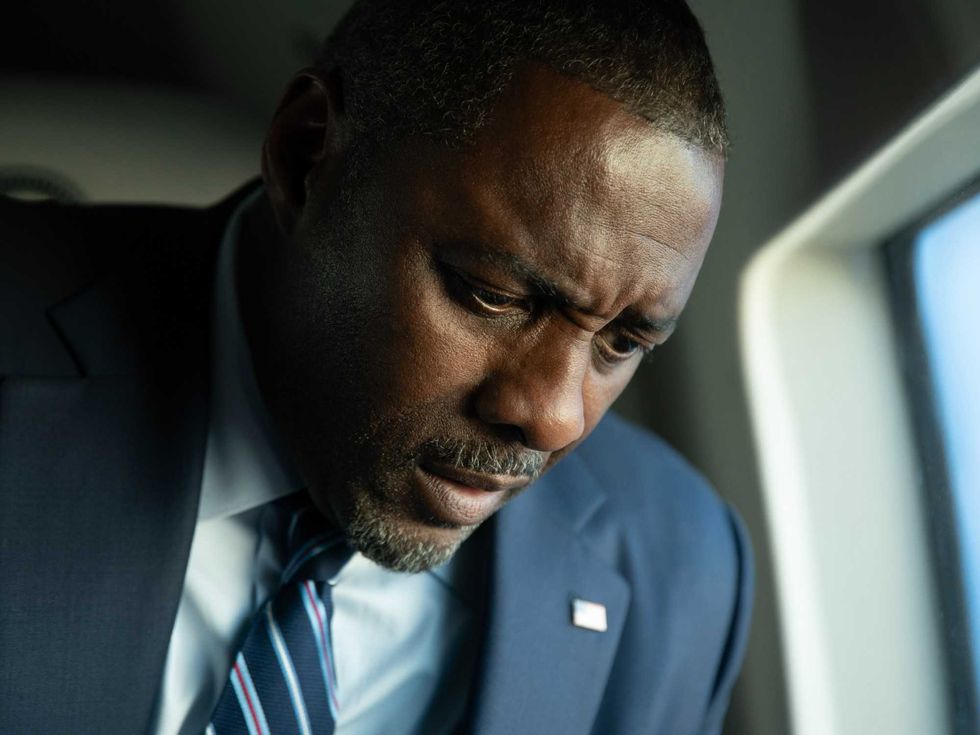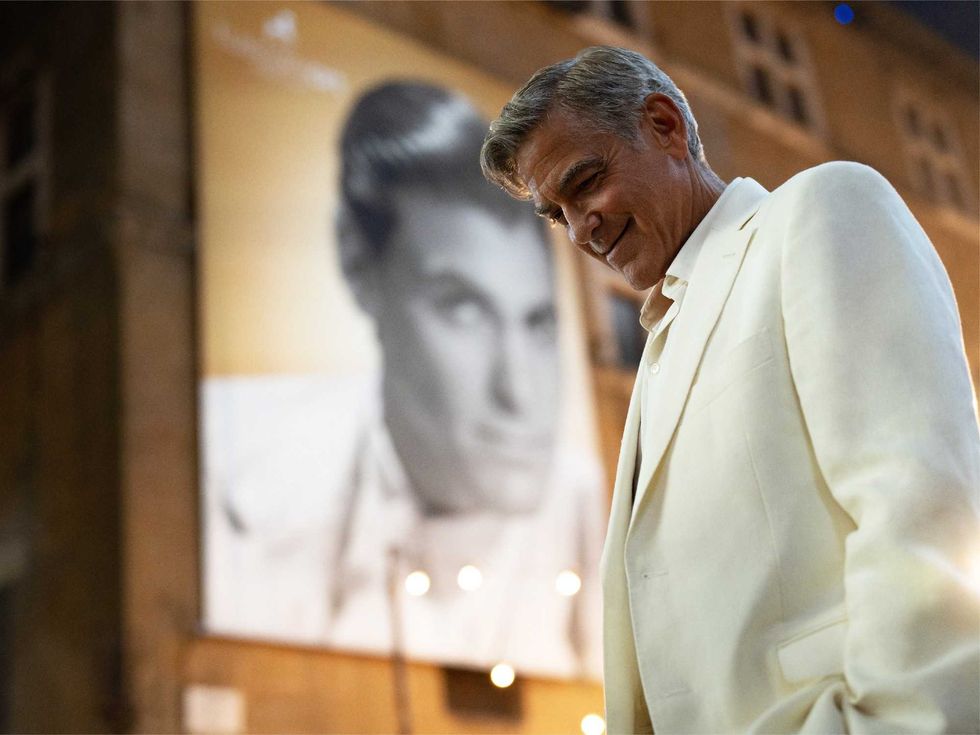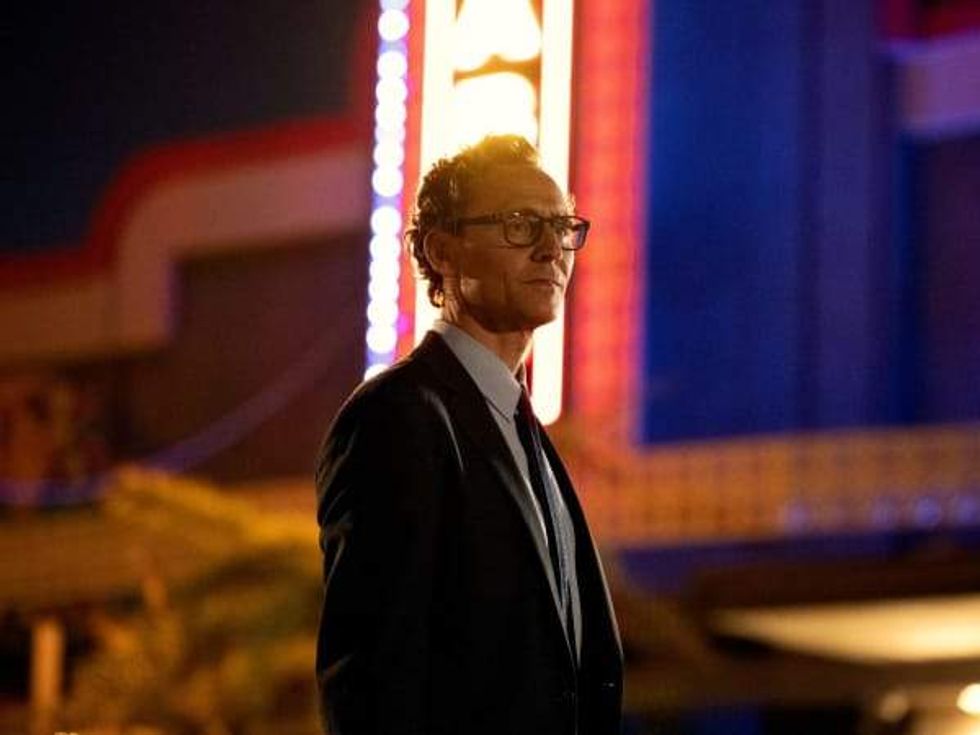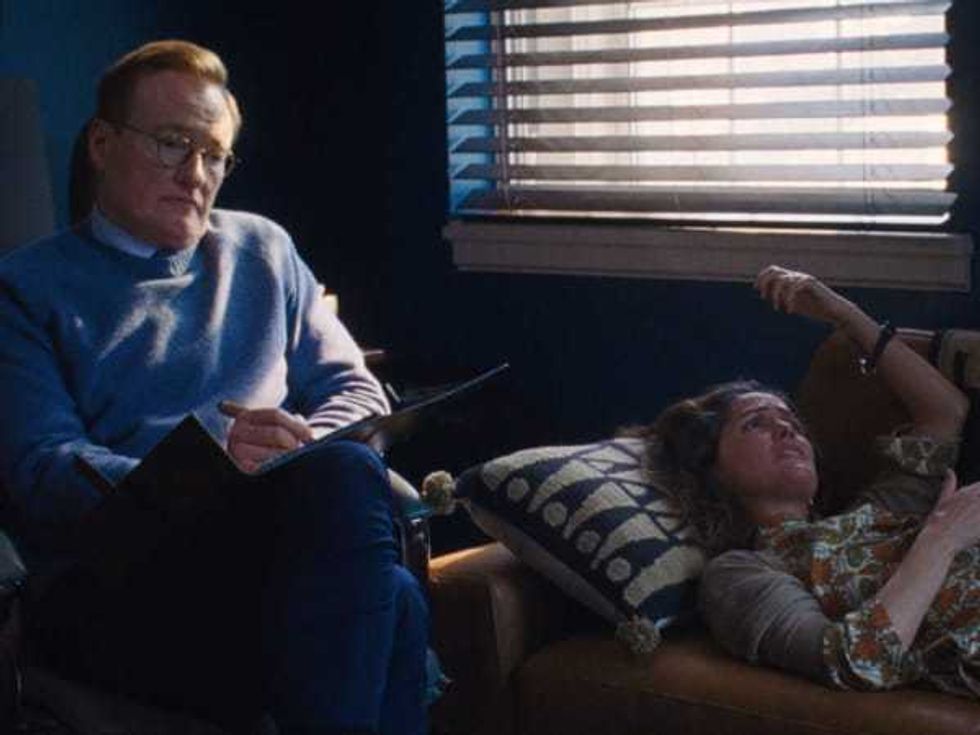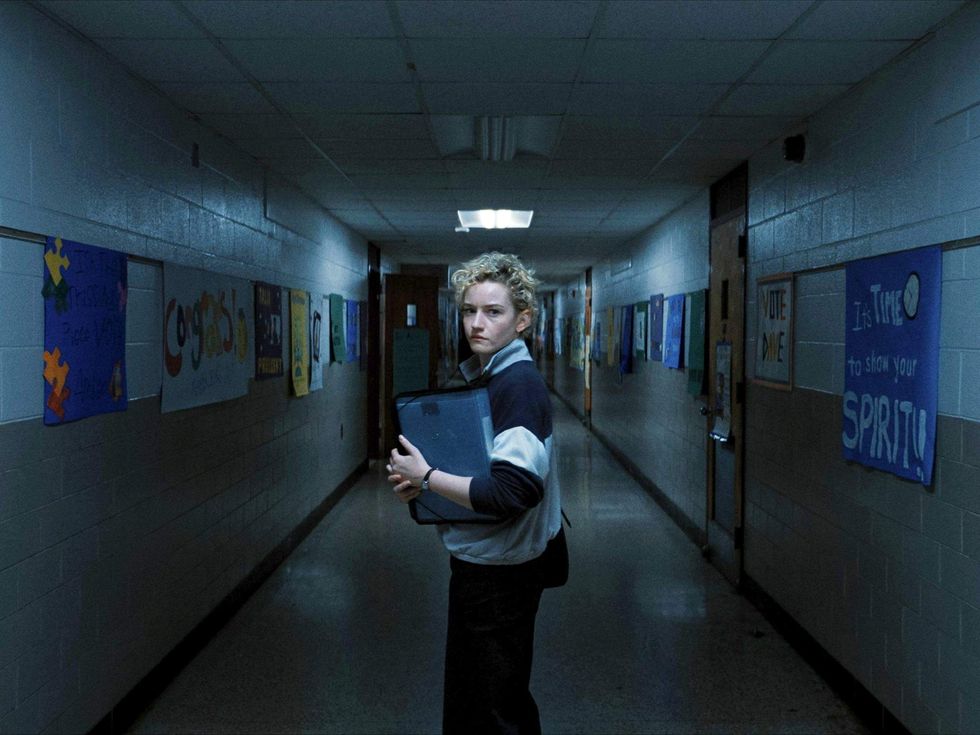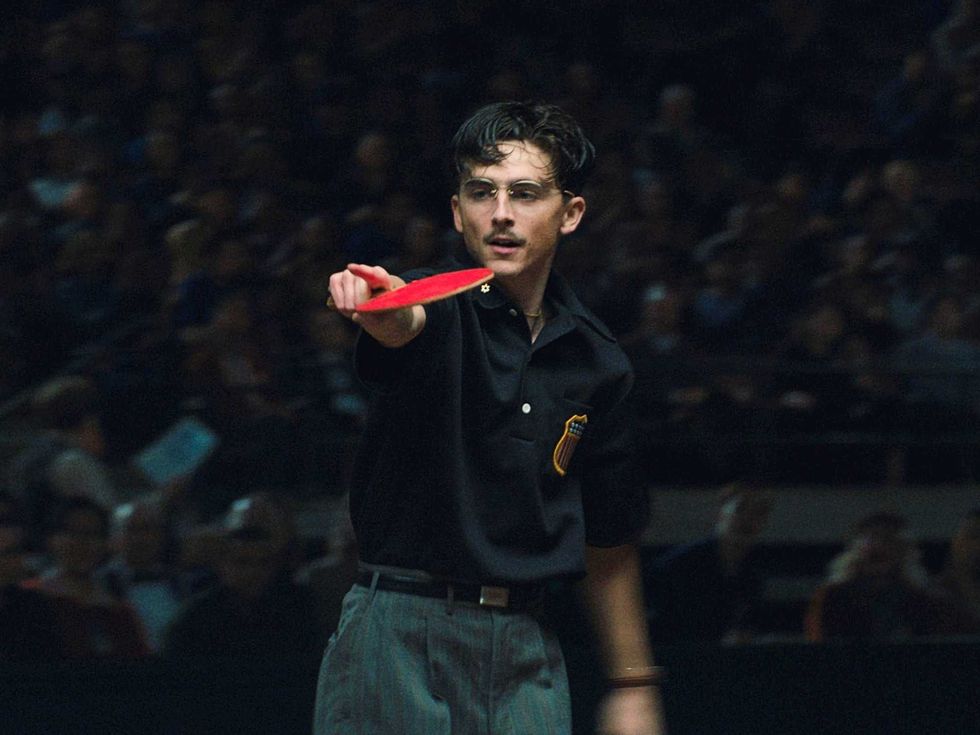Orozco-Estrada is in the house
Heartthrob maestro-designate charms Houston Symphony audiences
“You’ve got a winner there,” a Houston Symphony patron remarked with a congratulatory smile to HSO CEO Mark Hanson at intermission during Sunday’s concert at Jones Hall, referring to the talented young man who’d just left the podium.
Aubrey Farb, a charter member of the HSO Conductor’s Circle and a man with an experienced ear, was referring to Andres Orozco-Estrada, the symphony's music director-designate. The performance ended the first full weekend of concerts conducted by Orozco-Estrada since he was named to the position last winter. Orozco-Estrada will conduct several concerts in January and April, 2014 before beginning his first full season next fall as the symphony's music director in the 2014-15 season.
So Sunday was a golden opportunity for a lot of Houstonians, including yours truly, to take a first look and listen to what our city’s next musical maestro has to offer.
One-word answer: Energy. OK – three. Energy in abundance.
Formula for success
Well, you didn’t really expect me to stop there, did you? Particularly in the lush, romantic Rachmaninoff Symphony No. 2 in E minor, Orozco-Estrada’s expressive face and graceful hands transmitted to the orchestra, as well as the audience: Passion, intensity, discipline, focus, dedication, determination – all of the above, combined with classical Viennese training and excellent experience.
Rather than immediately turn his back on us and begin conducting the orchestra, Orozco-Estrada remained facing the audience, and began chatting about the program.
He had me at hello, actually. I was prepared to like him, in our classic "Houston Welcome-Y’all" tradition. But I wasn’t prepared for the new guy to reach out to us so enthusiastically and eagerly, from the moment he took the podium.
Rather than immediately turn his back on us and begin conducting the orchestra, Orozco-Estrada remained facing the audience, and began chatting about the program, starting with a strong sell job on the first piece. It was modern, he acknowledged, but he emphasized with a winning smile that he had heard that Houstonians were open to new and different experiences. As the persuasive Orozco-Estrada is young (only 36), fit, and very easy on the eyes, with a boyish face topped by a mop of black, curly hair, the audience was more than happy to demonstrate its attentive openness to whatever he chose to say.
He described the story behind Gubaidulina’s Marchen-Poem (Fairytale Poem), which is about a piece of chalk that is disappointed to initially be used for schoolroom blackboard lessons. But then, it is delighted to be taken by a young boy who uses it to make “beautiful pictures everywhere,” until the chalk is used up and vanishes, as in a human life. “Try to imagine this picture as we play the piece,” Orozco-Estrada encouraged the audience, cluing us in on what to look for during the piece.
At this point, I’m pretty sure the new kid had us all in the palm of his hand. He so clearly wanted to communicate the joy he took in this piece of music, and convince even the diehard traditional music lovers to open their imagination and see this picture. As a result, I began seeing pictures throughout the various pieces that were performed in the program. That was a first for me, and I’ve been to a lot of concerts.
Favorable comments
Globally acclaimed violinist Midori turned in a stellar performance of Mendelssohn’s Violin Concerto in E minor, the second piece on the program. Undoubtedly, Midori’s reputation as a virtuoso violinist accounted for quite a few in the house Sunday, but I’m sure that curiosity about Orozco-Estrada also pulled many in, judging by the favorable comments about him I heard at intermission and afterward.
“I like his energy,” offered Rob Scholl. “And it’s fun to have a younger person as conductor.”
With Orozco-Estrada, “exciting times are ahead for this city,” predicted Manuel Delgado.
“Exuberant, uplifting, refreshing,” put in Kay Rouse, whose 10-year-old grandson sagely commented: “He’s very talented.” (That was his first symphony, I understand, but as I told young Landon, I like a man with conviction.)
“He’s a fantastic listener,” reported HSO first violinist Sergei Galperin, who’s served under two maestros during his 15 years with the Houston Symphony.“He’s very talented. He’s a natural as a conductor. He's like a fish in water up there." Galperin said Orozco-Estrada “definitely” has made that all-important connection with the symphony musicians, so necessary in a good conductor.
“Exciting times are ahead for this city,” predicted Manuel Delgado. A native of Caracas, Delgado expressed his appreciation of the appointment of a Hispanic conductor, who he said will reflect Houston’s multicultural nature and bring a “burst of energy” to the orchestra. Symphony board member Art Vivar concurred, and forecast that the youthful maestro will draw in new enthusiasts from all sectors.
Big goals
After the concert, I was given just a moment to quickly speak to Orozco-Estrada backstage as he was rushed off to another engagement. I asked him whether he felt that he had made a connection with the orchestra members.
His main objective: “Making this orchestra one of the top five in the world.”
“Absolutely – from the very beginning,” he told me enthusiastically. “I am looking forward to continuously develop this relationship.”
And what will your objective be with regard to this orchestra, Maestro? I asked him.
Initially, he demurred, saying there were “many,” and it would take more time to go into all the specifics than apparently was available then, as he was being whisked away with considerable urgency.
“Your main objective, then,” I insisted.
“Making this orchestra one of the top five in the world,” Orozco-Estrada replied with conviction, and was swept away.
You can’t help but like the guy’s attitude.
